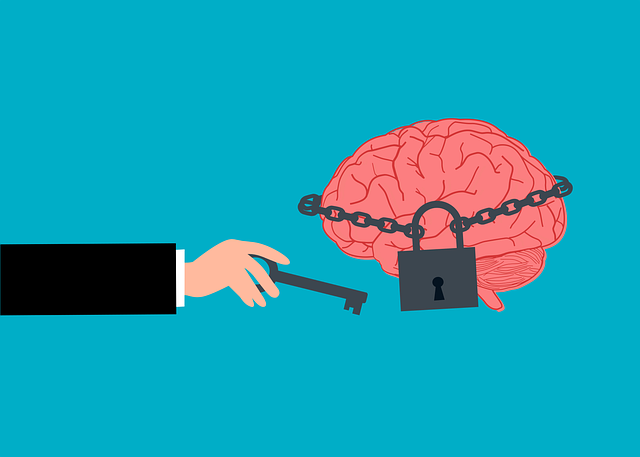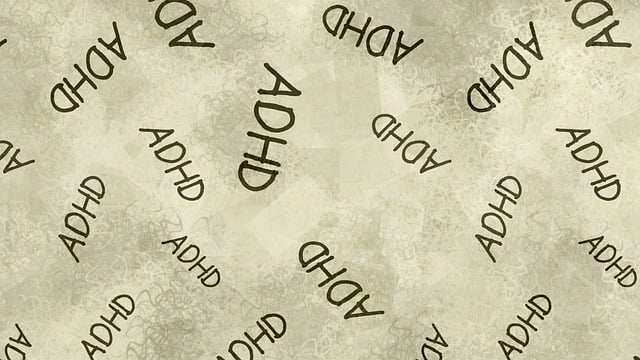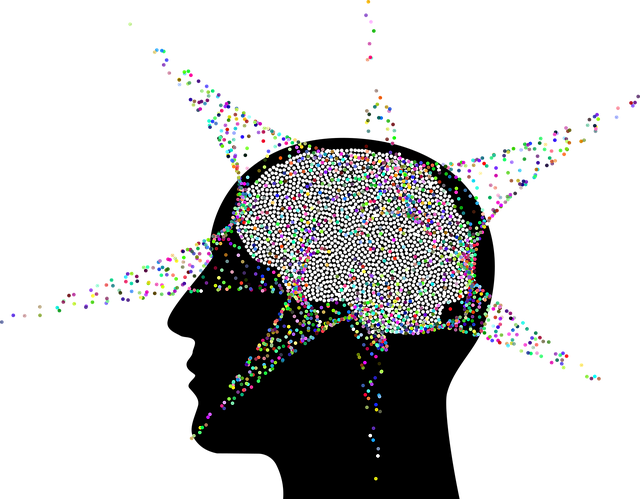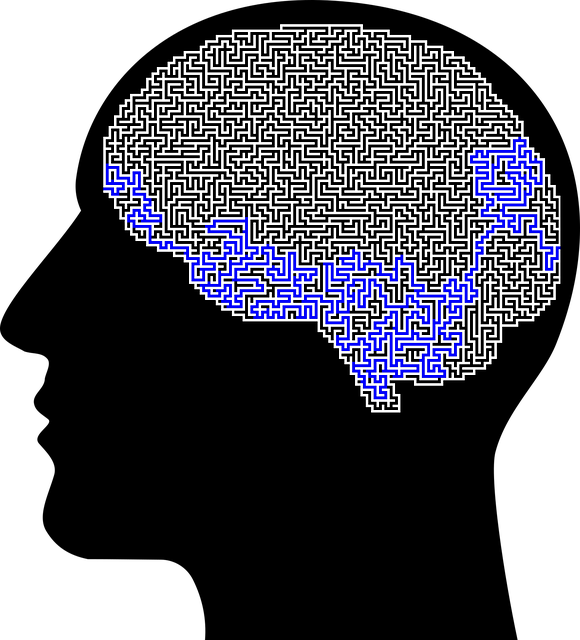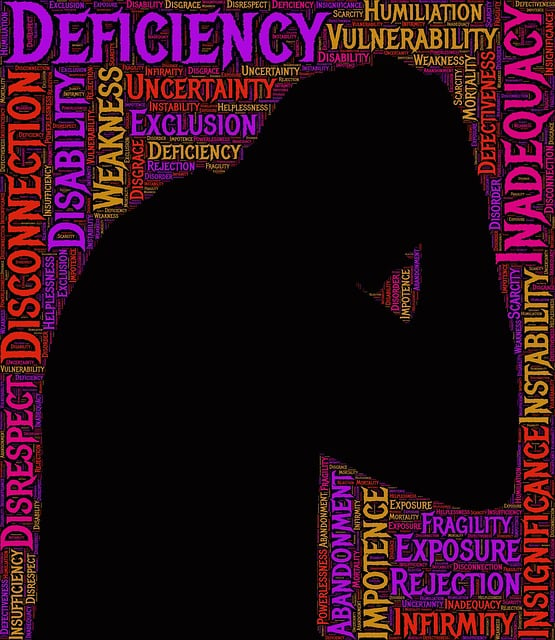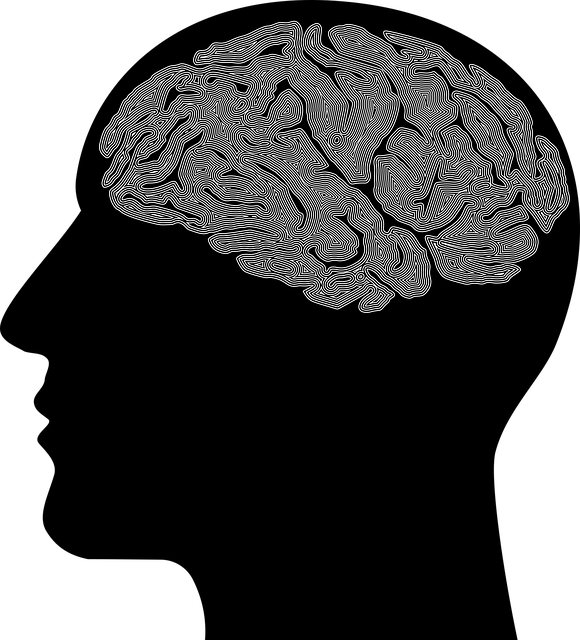Misdiagnosis in mental health care is a significant issue, impacting treatments and outcomes for patients. Littleton Christian Counseling Therapy (LCCT) emphasizes accurate diagnoses as the foundation for effective therapy, aiming to reduce stigma through initiatives focused on Mental Illness Stigma Reduction, Positive Thinking, and Depression Prevention. In recent years, advancements like emotional intelligence integration and technology-driven mental wellness podcasts have improved diagnostic accuracy and public education. LCCT stands out for its holistic approach, combining traditional therapy with techniques like mindfulness meditation and positive thinking to offer comprehensive evaluations, fostering trust and personalized treatment plans tailored to individual needs.
Mental illness diagnosis accuracy is a critical aspect of patient care, yet challenges like misdiagnosis and its adverse effects persist. This article explores these hurdles, delving into innovative approaches that enhance diagnosis techniques. We highlight the significant role played by institutions such as Littleton Christian Counseling Therapy in providing comprehensive mental health assessments, ensuring accurate diagnoses, and ultimately improving patient outcomes. By understanding both the problems and promising solutions, we can navigate towards better mental healthcare.
- Understanding the Challenges: Misdiagnosis and Its Impact
- Innovative Approaches: Enhancing Diagnosis Techniques
- The Role of Littleton Christian Counseling Therapy in Accurate Mental Health Assessment
Understanding the Challenges: Misdiagnosis and Its Impact

Misdiagnosis is a significant challenge in mental health care, often leading to delayed treatment and adverse outcomes for individuals suffering from various mental illnesses. At Littleton Christian Counseling Therapy, we recognize that accurately identifying a patient’s condition is the cornerstone of effective therapy. When a mental illness is misperceived or incorrectly labeled, it can have profound effects on the individual’s well-being.
This issue is particularly concerning as mental illness diagnoses are complex, involving intricate assessments and considerations. The impact of misdiagnosis goes beyond mere inconvenience; it can contribute to the perpetuation of stigma associated with mental health issues. Therefore, efforts towards Mental Illness Stigma Reduction are crucial alongside initiatives promoting Positive Thinking and Depression Prevention. These strategies aim to foster a more informed and compassionate society where accurate diagnoses empower individuals to receive the appropriate care and support they need.
Innovative Approaches: Enhancing Diagnosis Techniques

In recent years, the field of mental health diagnosis has witnessed a surge in innovative approaches aimed at enhancing accuracy and effectiveness. One such development is the integration of emotional intelligence (EI) into diagnostic practices. By training therapists to recognize and interpret non-verbal cues and emotional responses, as offered by resources like Littleton Christian Counseling Therapy, professionals can gain deeper insights into a client’s state of mind. This multifaceted approach not only improves the accuracy of diagnoses but also fosters more empathetic and tailored treatment plans.
Additionally, the advent of advanced technology, such as sophisticated mental wellness podcast series production tools, has enabled researchers to explore new avenues for diagnosis. These podcasts, featuring expert discussions on various aspects of mental health, contribute to a broader understanding among both professionals and the general public. Promoting positive thinking and open conversations, these platforms play a crucial role in normalizing mental health discussions and enhancing early intervention capabilities.
The Role of Littleton Christian Counseling Therapy in Accurate Mental Health Assessment

Littleton Christian Counseling Therapy (LCCT) plays a pivotal role in enhancing mental health assessment accuracy through its holistic and compassionate approach. The center prioritizes creating a safe, non-judgmental space for clients to openly discuss their experiences, fostering trust essential for accurate diagnosis. By integrating traditional therapy methods with practices like mindfulness meditation and positive thinking, LCCT offers comprehensive assessments that consider not just symptoms but underlying emotional and psychological factors.
This dual focus allows counselors at LCCT to uncover nuances often overlooked in standard assessments. They emphasize the importance of Mental Health Awareness, encouraging clients to develop a deeper understanding of their mental state. Through this process, they enable individuals to actively participate in their healing journey, ensuring more precise and personalized diagnoses that pave the way for effective treatment plans.
Mental illness diagnosis accuracy is a multifaceted challenge, with misdiagnosis leading to significant patient harm. Understanding these challenges is crucial for improvement efforts. Innovative approaches, such as enhancing diagnostic techniques and leveraging specialized services like Littleton Christian Counseling Therapy, play a vital role in ensuring accurate assessments. By adopting these strategies, we can foster better mental health outcomes and provide tailored care to those who need it most.

